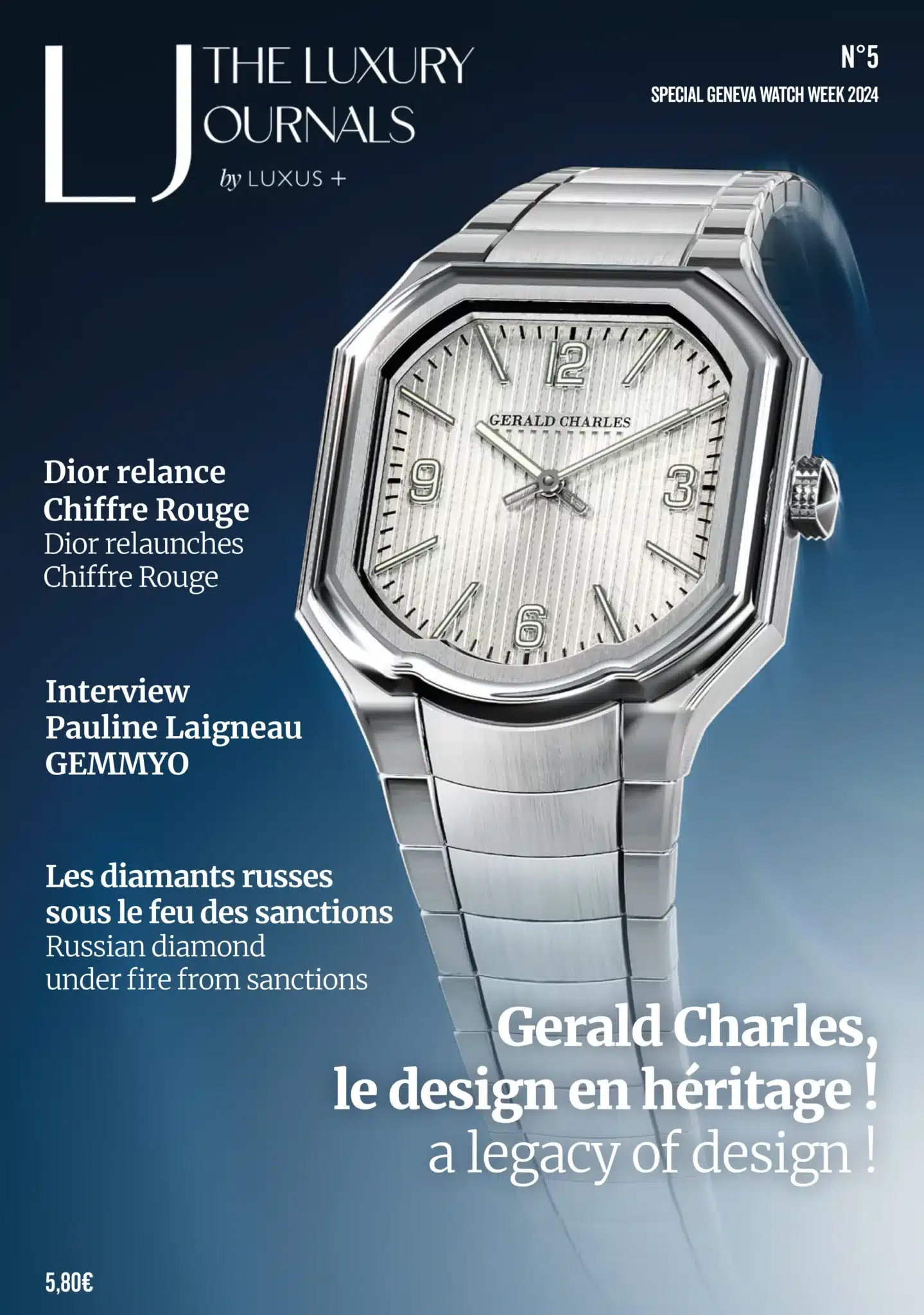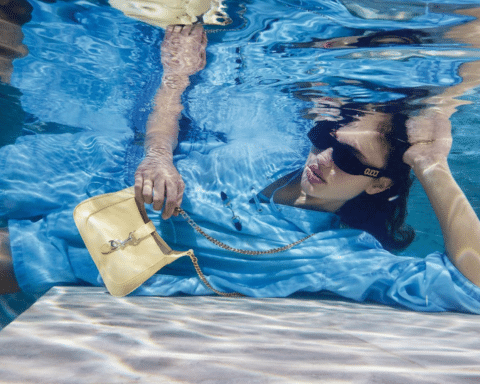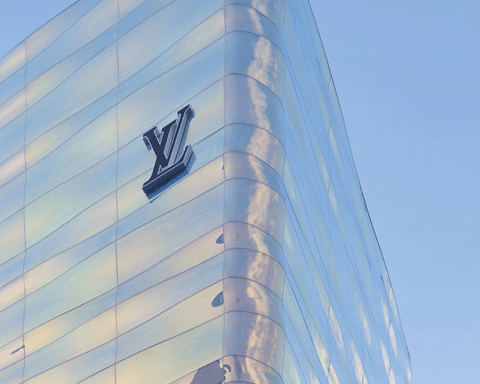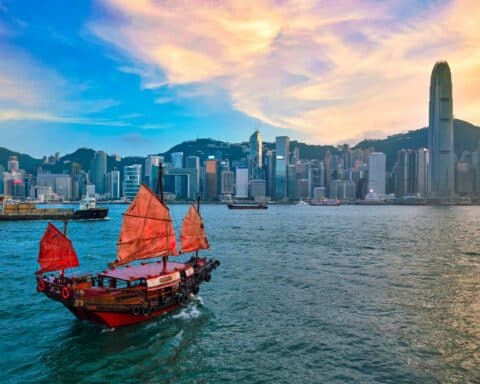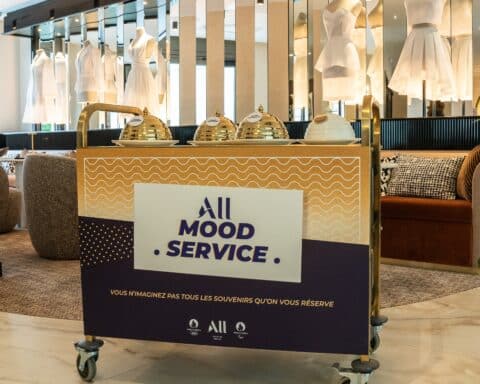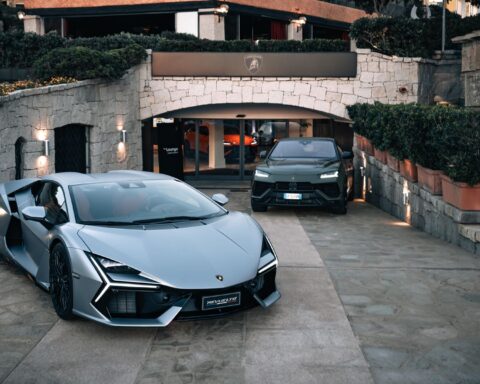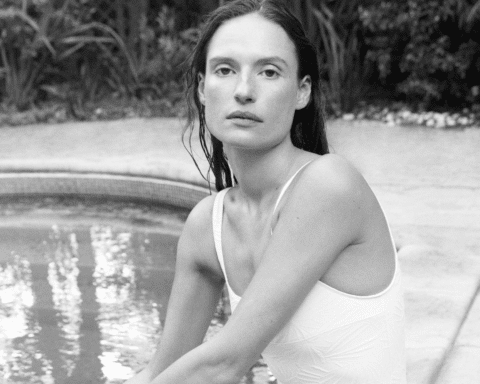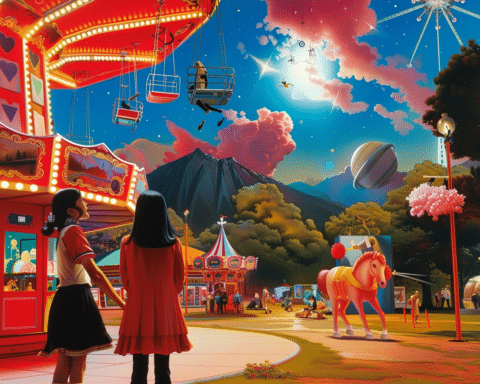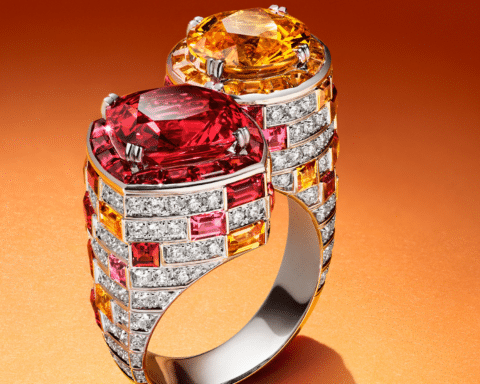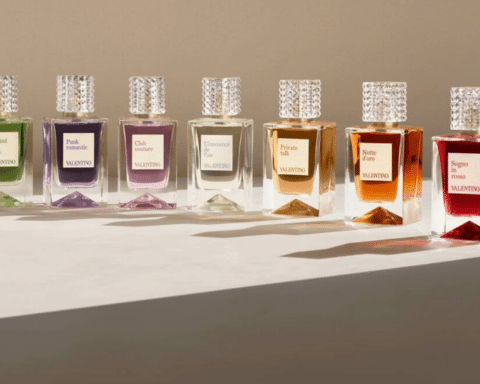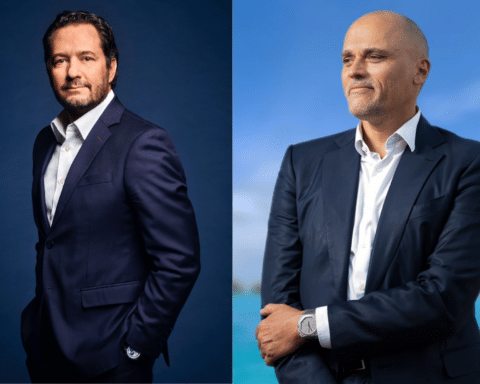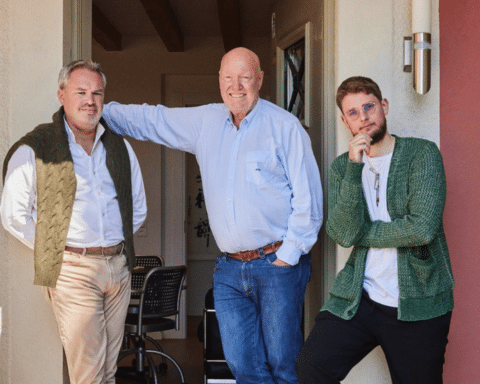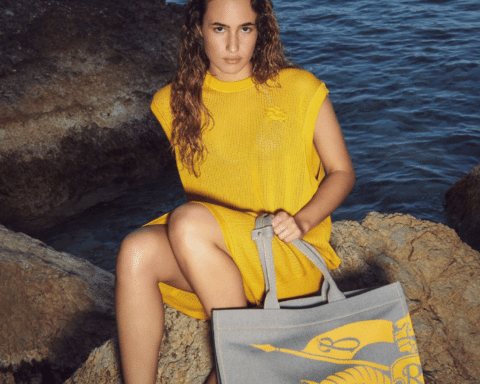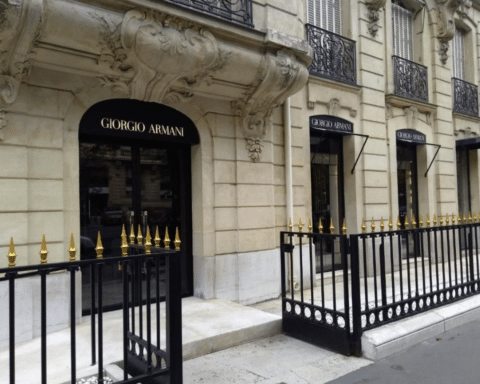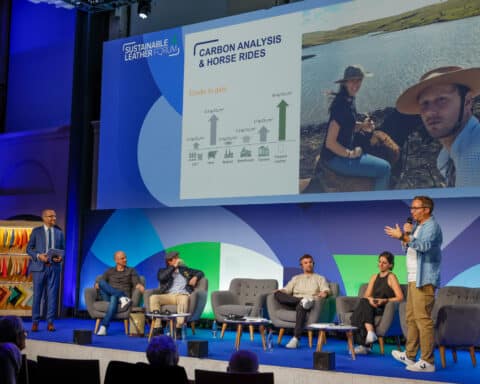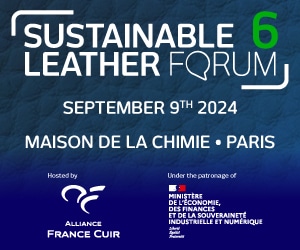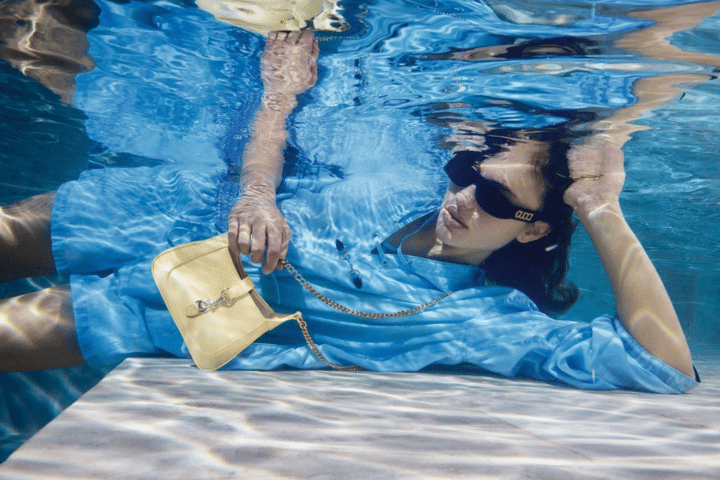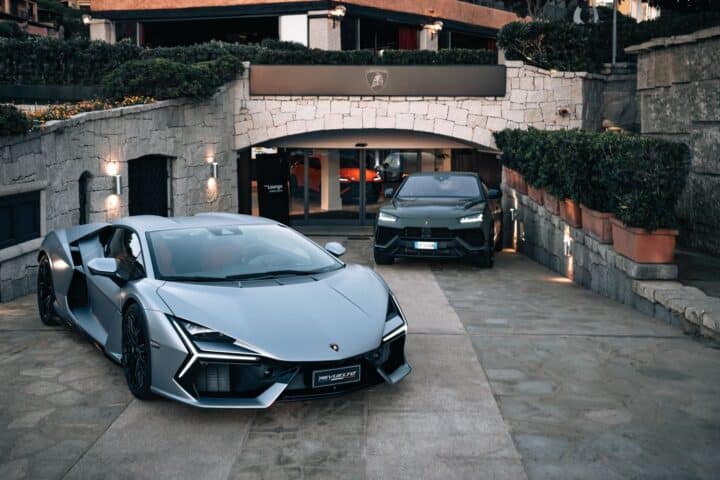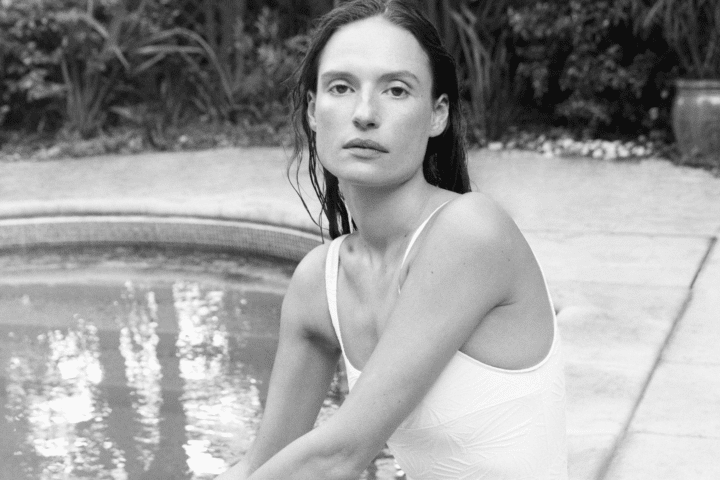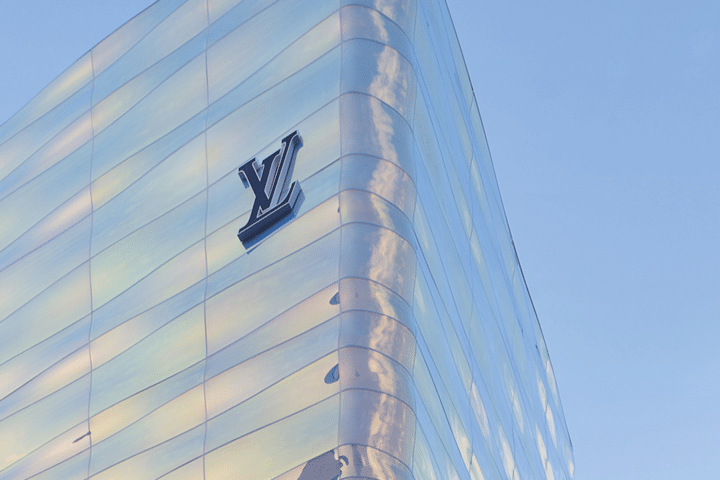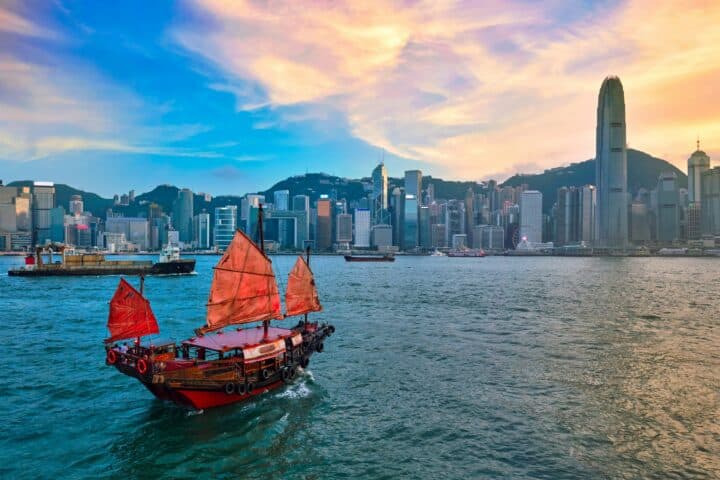[vc_row njt-role=”people-in-the-roles” njt-role-user-roles=”administrator,editor,author,armember”][vc_column][vc_column_text]
European cosmetics manufacturers are facing a supply crisis due to a shortage of resources and deliveries in Ukraine.
Like the food industry, the global cosmetics sector is struggling with the fallout from the war in Ukraine, as producers use, among other things, alcohol derived from grain and beets to make perfumes, and sunflower oils to make cosmetics. The downside? All these key crops come from Ukraine.
At the same time, the energy crisis triggered by the war has driven up the price of glass and paper, and the new containment in China has prevented companies from obtaining packaging for its luxury cosmetics.
Supply problems
“We are in crisis management mode when it comes to these supply issues,” explains Emmanuel Guichard, secretary general of the French cosmetics association FEBEA, in an interview with Reuters.
While large companies, with higher profit margins, have more financial power and flexibility to deal with the situation, the challenge is huge for small and medium-sized companies in Europe.
“We are facing shortages and price increases at every stage of the process: from petrol and alcohol to glass and paper – even for the pumps in spray dispensers and the Surlyn plastic used for closures,” explains Marco Vidal, managing director of Venetian perfume manufacturer Mavive, owner of the Merchant of Venice brand.
More generally, the rise in gas prices is exacerbating the problems of many industries, including Italian paper mills, which have had to temporarily halt production in order to renegotiate selling prices.
The cost of paper has doubled and it is used to make luxury boxes for brands such as Dolce & Gabbana, Ferragamo and Givenchy. The Italian group Isem had to increase the price of its products by 10 to 40%, its CEO Francesco Pintucci told Reuters.
What are the consequences for consumers?
Italian glassmaker Bormioli Luigi, which manufactures bottles for spirits, perfumes and cosmetics with an annual turnover of 480 million euros, expects 80 million euros in additional energy costs this year. Half of this is borne by its beauty division, whose customers include French brands Chanel and Dior, comments Simone Baratta, the glassmaker’s head of fragrances.
“I think we will have a hard time getting gas to make perfume bottles,” worries Emmanuel Guichard, noting that it would take time to convert gas furnaces to electric systems.
“In the luxury beauty sector, we expect consumers to bear the brunt of these higher costs after a transition period that could last a few months,” explains Federica Levato, partner and head of the luxury sector for the EMEA region.
We can therefore expect a gradual pass-through of raw material costs to the final price of cosmetics and fragrances, because if the big groups can absorb these additional costs, this is not the case for all European cosmetics players. And if, at first, they will be able to reduce their margin, we can imagine that the sector will undergo increases in the coming year and that the consumer will pay the price.
Read also > THE LUXURY COSMETICS MARKET IS EXPECTED TO REACH $58,763 MILLION BY 2030
Featured photo : © Thirteen Thoughts[/vc_column_text][/vc_column][/vc_row][vc_row njt-role=”not-logged-in”][vc_column][vc_column_text]
European cosmetics manufacturers are facing a supply crisis due to a shortage of resources and deliveries in Ukraine.
Like the food industry, the global cosmetics sector is struggling with the fallout from the war in Ukraine, as producers use, among other things, alcohol derived from grain and beets to make perfumes, and sunflower oils to make cosmetics. The downside? All these key crops come from Ukraine.
At the same time, the energy crisis triggered by the war has driven up the price of glass and paper, and the new containment in China has prevented companies from obtaining packaging for its luxury cosmetics.
Supply problems
[…][/vc_column_text][vc_cta h2=”This article is reserved for subscribers.” h2_font_container=”tag:h2|font_size:16|text_align:left” h2_use_theme_fonts=”yes” h4=”Subscribe now !” h4_font_container=”tag:h2|font_size:32|text_align:left|line_height:bas” h4_use_theme_fonts=”yes” txt_align=”center” color=”black” add_button=”right” btn_title=”I SUBSCRIBE !” btn_color=”danger” btn_size=”lg” btn_align=”center” use_custom_fonts_h2=”true” use_custom_fonts_h4=”true” btn_button_block=”true” btn_custom_onclick=”true” btn_link=”url:https%3A%2F%2Fluxus-plus.com%2Fen%2Fsubscriptions-and-newsletter-special-offer-valid-until-september-30-2020-2-2%2F”]Get unlimited access to all articles and live a new reading experience, preview contents, exclusive newsletters…
Already have an account ? Please log in.
[/vc_cta][vc_column_text]Featured photo : © Thirteen Thoughts[/vc_column_text][/vc_column][/vc_row][vc_row njt-role=”people-in-the-roles” njt-role-user-roles=”subscriber,customer”][vc_column][vc_column_text]
European cosmetics manufacturers are facing a supply crisis due to a shortage of resources and deliveries in Ukraine.
Like the food industry, the global cosmetics sector is struggling with the fallout from the war in Ukraine, as producers use, among other things, alcohol derived from grain and beets to make perfumes, and sunflower oils to make cosmetics. The downside? All these key crops come from Ukraine.
At the same time, the energy crisis triggered by the war has driven up the price of glass and paper, and the new containment in China has prevented companies from obtaining packaging for its luxury cosmetics.
Supply problems
[…][/vc_column_text][vc_cta h2=”This article is reserved for subscribers.” h2_font_container=”tag:h2|font_size:16|text_align:left” h2_use_theme_fonts=”yes” h4=”Subscribe now !” h4_font_container=”tag:h2|font_size:32|text_align:left|line_height:bas” h4_use_theme_fonts=”yes” txt_align=”center” color=”black” add_button=”right” btn_title=”I SUBSCRIBE !” btn_color=”danger” btn_size=”lg” btn_align=”center” use_custom_fonts_h2=”true” use_custom_fonts_h4=”true” btn_button_block=”true” btn_custom_onclick=”true” btn_link=”url:https%3A%2F%2Fluxus-plus.com%2Fen%2Fsubscriptions-and-newsletter-special-offer-valid-until-september-30-2020-2-2%2F”]Get unlimited access to all articles and live a new reading experience, preview contents, exclusive newsletters…
Already have an account ? Please log in.
[/vc_cta][vc_column_text]Featured photo : © Thirteen Thoughts[/vc_column_text][/vc_column][/vc_row][vc_row njt-role=”people-in-the-roles” njt-role-user-roles=”subscriber,customer”][vc_column][vc_column_text]


